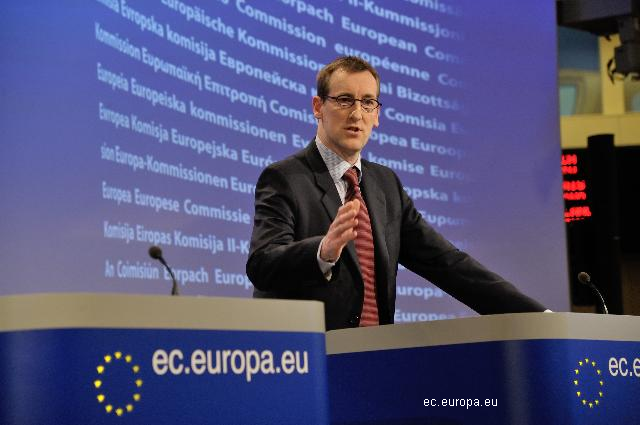Reactions to the Amendments Brought to the Romanian Criminal Code
Changes to the Romanian Criminal Code have triggered negative reactions both in the country and abroad.

Valentin Țigău, 12.12.2013, 13:29
The changes to the Criminal Code adopted by Romanian MPs on Tuesday have stirred reactions, both in the country and abroad, most of them critical. Following these changes, the head of state, MPs and those who have liberal professions are no longer civil servants. Therefore, they shall no longer be investigated and punished for deeds committed in the implementation of their prerogatives, such as bribe taking or influence peddling, or for conflict of interest.
Even if in many countries with a democratic tradition MPs are not civil servants, in Romania, where progress with regard to the reform of the judiciary and the fight against corruption fails to be acknowledged at EU level, this decision raises a number of critical questions.
It may happen, for instance, that the activity of the National Anticorruption Directorate and of the National Integrity Agency, the main bodies in charge of keeping an eye on and investigating wrongdoings in the public field, will be hampered. Romania’s President Traian Basescu has criticized the amendments, which were introduced without a public debate, as they should have, and has drawn attention to the fact that Romania will thus miss the opportunity to join Schengen, as the European Commission’s report, to be issued in January, will definitely be a negative one, because of the very changes brought to the Criminal Code.
The European Commission Spokesman Mark Grey has reasserted the EC’s stand with regard to regulations on corruption and conflicts of interest, which any dignitary should abide by. In these cases, Gray has stated, the prevailing principle is the one according to which all citizens are equal before the law. In turn, the US Embassy in Bucharest has stated that these amendments to the Criminal Code are a step backwards for Romania, and Parliament’s move is a discouraging signal for investors, and will have a negative impact on the economy.
The British Ambassador to Romania Martin Harris is worried too. He believes that the National Anti-Corruption Directorate and the National Integrity Agency are the driving engine of reform in Romania and it is critical that they are supported, including by politicians. The diplomatic missions of Germany and the Netherlands have also voiced their concern, saying that the activity of the institutions that protect the rule of law must be carried out without any political pressure.






























